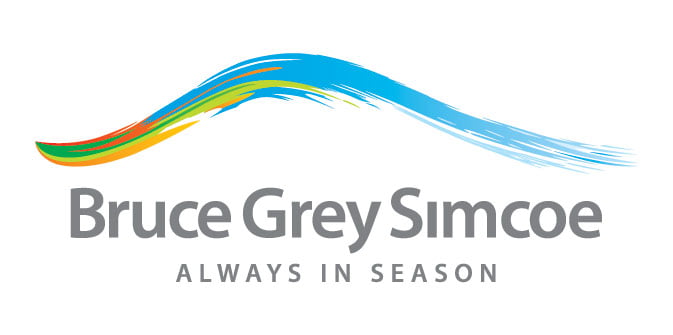
Effective budget planning is crucial for the success of any event. By analyzing the financial outcomes of previous events, we can make informed decisions and optimize our budget for future endeavors. Here are some key insights and strategies based on our previous year's results:
1. Analyzing Past Expenditures The first step in budget planning is to review the financial data from last year's event. This includes examining all expenses, such as venue costs, catering, marketing, and logistics. By identifying areas where we overspent or underspent, we can allocate resources more effectively this year.
2. Setting Realistic Budget Goals Based on the analysis of past expenditures, it's important to set realistic budget goals for the upcoming event. This involves determining the total budget, as well as allocating funds to different categories. Setting clear financial objectives helps in maintaining control over expenses and avoiding budget overruns.
3. Prioritizing Key Areas Not all aspects of an event require the same level of investment. By prioritizing key areas that had the most impact on the event's success, we can ensure that our budget is spent wisely. For example, if attendee feedback highlighted the importance of high-quality catering, we might allocate more funds to this area while finding cost-saving measures in others.
4. Negotiating with Vendors One of the lessons learned from last year's event is the importance of negotiating with vendors. By building strong relationships and negotiating favorable terms, we can secure better deals and reduce costs. It's also beneficial to explore multiple vendor options to find the best value for money.
5. Monitoring and Adjusting the Budget Budget planning doesn't end once the event starts. It's essential to continuously monitor expenses and make adjustments as needed. By keeping track of spending in real-time, we can identify any deviations from the budget and take corrective actions promptly.
6. Leveraging Sponsorships and Partnerships Securing sponsorships and partnerships can significantly offset event costs. Last year's event taught us the value of collaborating with sponsors who share our vision. By offering attractive sponsorship packages and demonstrating the benefits of partnership, we can attract more sponsors and reduce our financial burden.
7. Conducting a Post-Event Financial Review After the event, conducting a thorough financial review is crucial. This involves comparing actual expenses with the budgeted amounts and analyzing any discrepancies. By understanding what worked well and what didn't, we can refine our budget planning process for future events.
8. Tips for Tracking Unexpected Expenses Unexpected expenses can arise at any time, and it's important to have strategies in place to track and manage them. Here are some tips:
- Create a Contingency Fund: Allocate a portion of your budget specifically for unexpected expenses. This fund acts as a financial cushion and helps you handle unforeseen costs without disrupting the overall budget.
- Use Expense Tracking Software: Utilize event management or expense tracking software to monitor all expenses in real-time. These tools can help you categorize expenses, track payments, and generate reports for better financial oversight.
- Document Every Expense: Keep detailed records of all expenses, including receipts and invoices. This documentation is essential for tracking spending, identifying trends, and conducting post-event financial reviews.
- Regularly Review and Adjust: Periodically review your budget and expenses to identify any unexpected costs. Adjust your budget as needed to accommodate these expenses and ensure that you stay on track.
- Communicate with Your Team: Ensure that all team members are aware of the budget and the importance of tracking expenses. Encourage them to report any unexpected costs immediately so that they can be addressed promptly.
9. Examples of Unexpected Expenses from Past Events To better prepare for future events, it's helpful to consider examples of unexpected expenses that we encountered in the past:
- Last-Minute Equipment Rentals: During our previous event, we faced technical issues with our audio-visual equipment and had to rent replacements on short notice, which incurred additional costs.
- Emergency Repairs: An unexpected plumbing issue at the venue required immediate attention and repair, leading to unplanned expenses.
- Additional Staffing: Higher-than-expected attendee turnout necessitated hiring extra staff to manage registration and crowd control, resulting in increased labor costs.
- Unforeseen Travel Expenses: Due to flight cancellations, we had to book last-minute accommodations and transportation for some of our speakers and guests.
- Extra Marketing Costs: To boost attendance, we decided to invest in additional last-minute marketing efforts, including social media ads and promotional materials.
Conclusion Effective event budget planning is a continuous learning process. By leveraging insights from previous year's results, implementing strategies to track unexpected expenses, and considering examples from past events, we can make informed decisions, optimize our spending, and ensure the financial success of our events. We hope these strategies help you in planning your next event budget more effectively.


